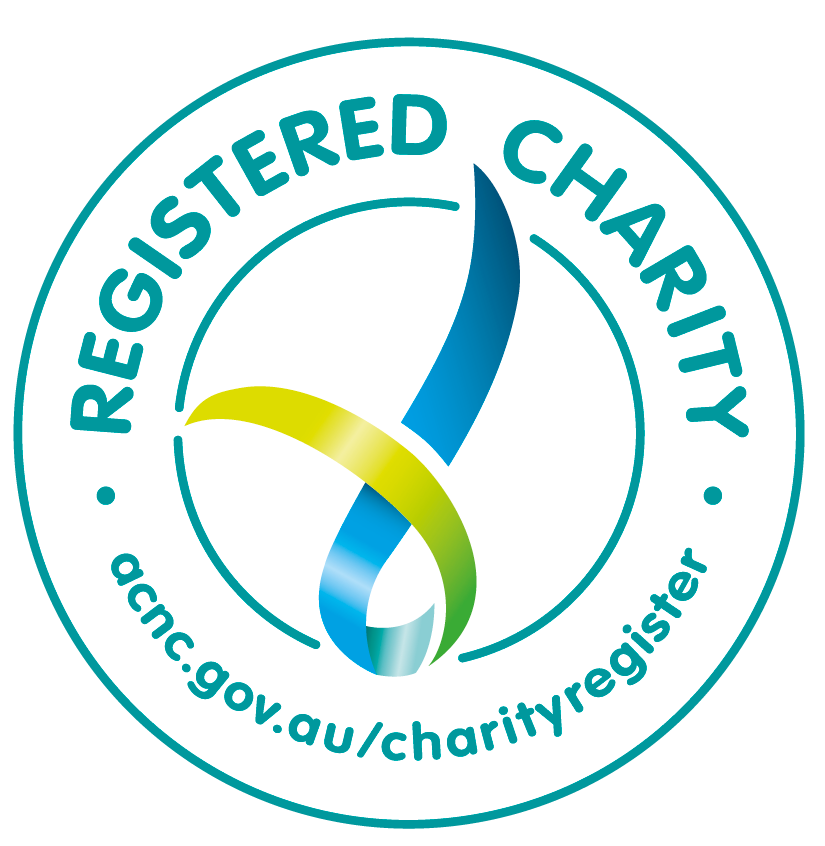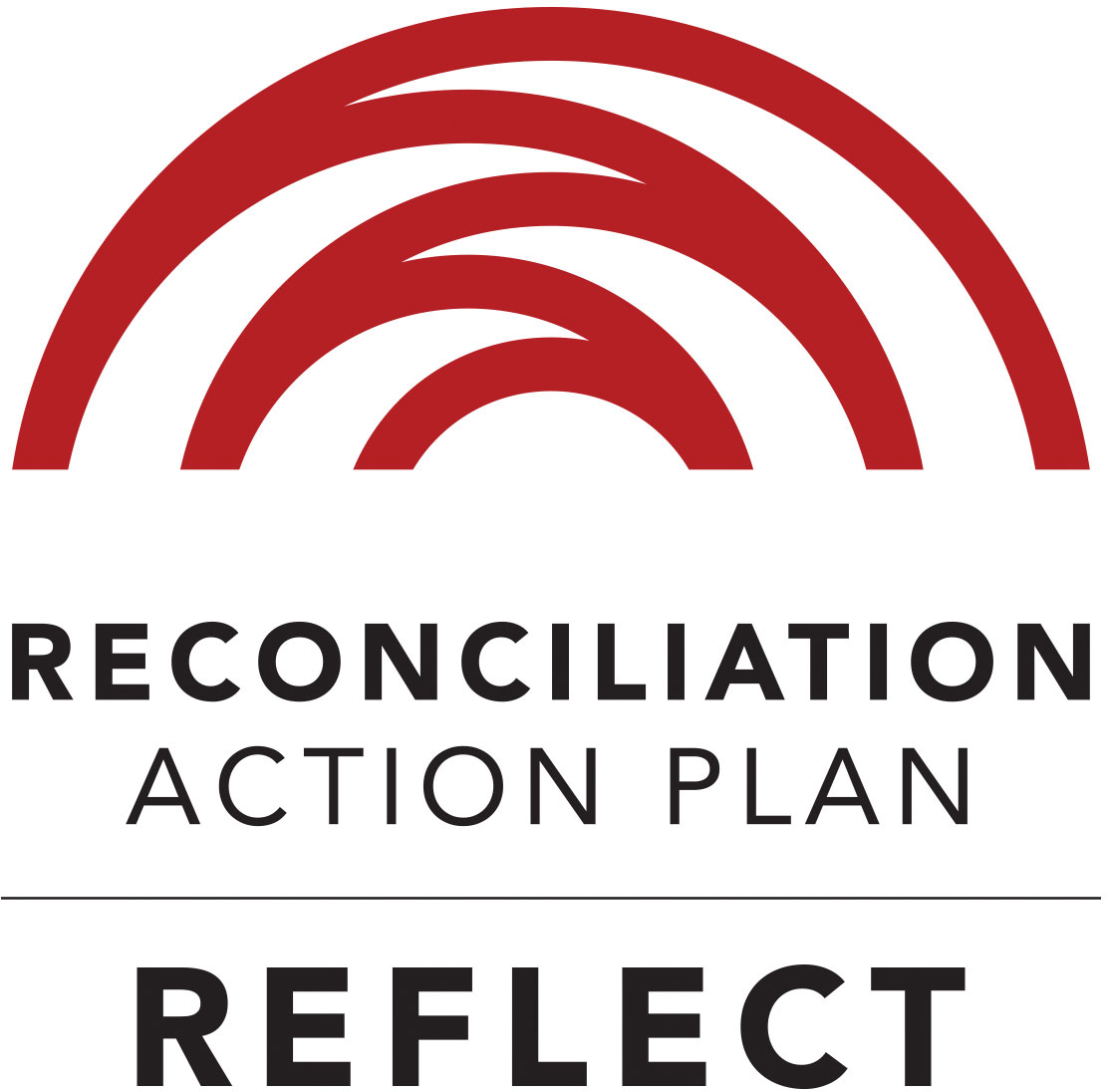More pages in this section
R U OK? DAY
R U OK? | You don’t need to be an expert to have an R U OK? conversation. Listening and giving someone your time might be just what they need to help them through.
Life serves up challenges that can sometimes make us feel overwhelmed, unsure, or unsettled. When that happens it’s comforting to know there is someone we can talk to who can share the load and help us through.
If someone at work asked you “Are you okay?’ how likely would you be to respond truthfully?
R u ok day urges individuals to check up on one another fostering a culture of care and empathy.
Are you okay? Is a powerful act of kindness that saves lives.
Today we challenge you to check in on one colleague.
Here are some tips to approach the conversation with authenticity, empath and sensitivity.

Pick your moment
- Have you chosen somewhere relatively private and informal?
- What time will be good for them to chat? Ideally try and put aside at least an hour so you have ample time to have a meaningful chat
- If they can’t talk when you approach them, ask them for a better time to come back
Ask R U OK?
- Be relaxed
- Help them open up by asking questions like “How you going?” or “What’s been happening?” or “I’ve noticed that you’re not quite yourself lately. How are you travelling?”
- Make an observation. Mention specific things that have made you concerned for them, like “I’ve noticed that you seem really tired recently” or “You seem less chatty than usual. How are you going?”
Listen with an open mind
- Take what they say seriously
- Don’t interrupt or rush the conversation
- If they need time to think, try and sit patiently with the silence
- Encourage them to explain
- If they get angry or upset, stay calm and don’t take it personally
- Let them know you’re asking because you’re concerned
Encourage action
- Ask them: “Where do you think we can go from here?”
- Ask: “What would be a good first step we can take?”
- Ask: “What do you need from me? How can I help?”
- Good options for action might include talking to family, a trusted friend, their doctor, Employee Assistance Program (EAP)
Remember that selectability has an Employee Assistance Program (EAP) that is available to all employees.
Check in
- Remember to check and see how the person is doing in a few days’ time
- Ask if they’ve found a better way to manage the situation
- If they haven’t done anything, keep encouraging them and remind them you’re always there if they need a chat
- Understand that sometimes it can take a long time for someone to be ready to see a professional
- Try to reinforce the benefits of seeking professional help and trying different avenues
- You could ask, “Do you think it would be useful if we looked into finding some professional or other support?”
USEFUL LINKS

selectability acknowledges the Traditional Owners of the land on which we provide services and pay our respects to Elders past, present and emerging. We acknowledge those with lived experience and those who support and partner with us to improve mental wellbeing and prevent suicide across regional Queensland.

